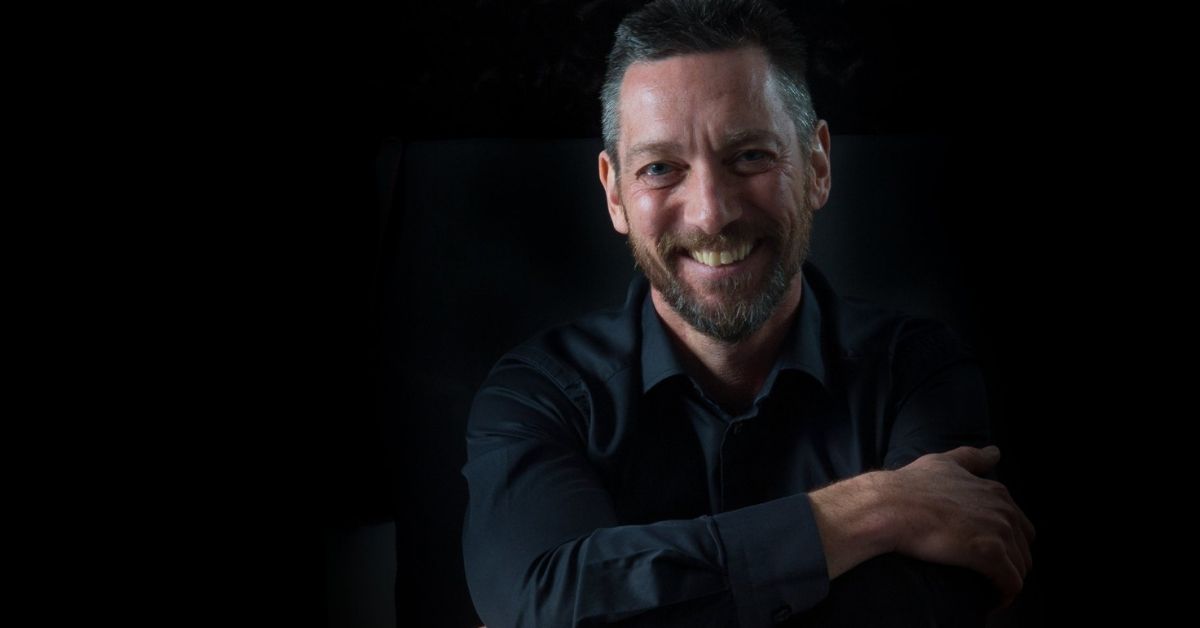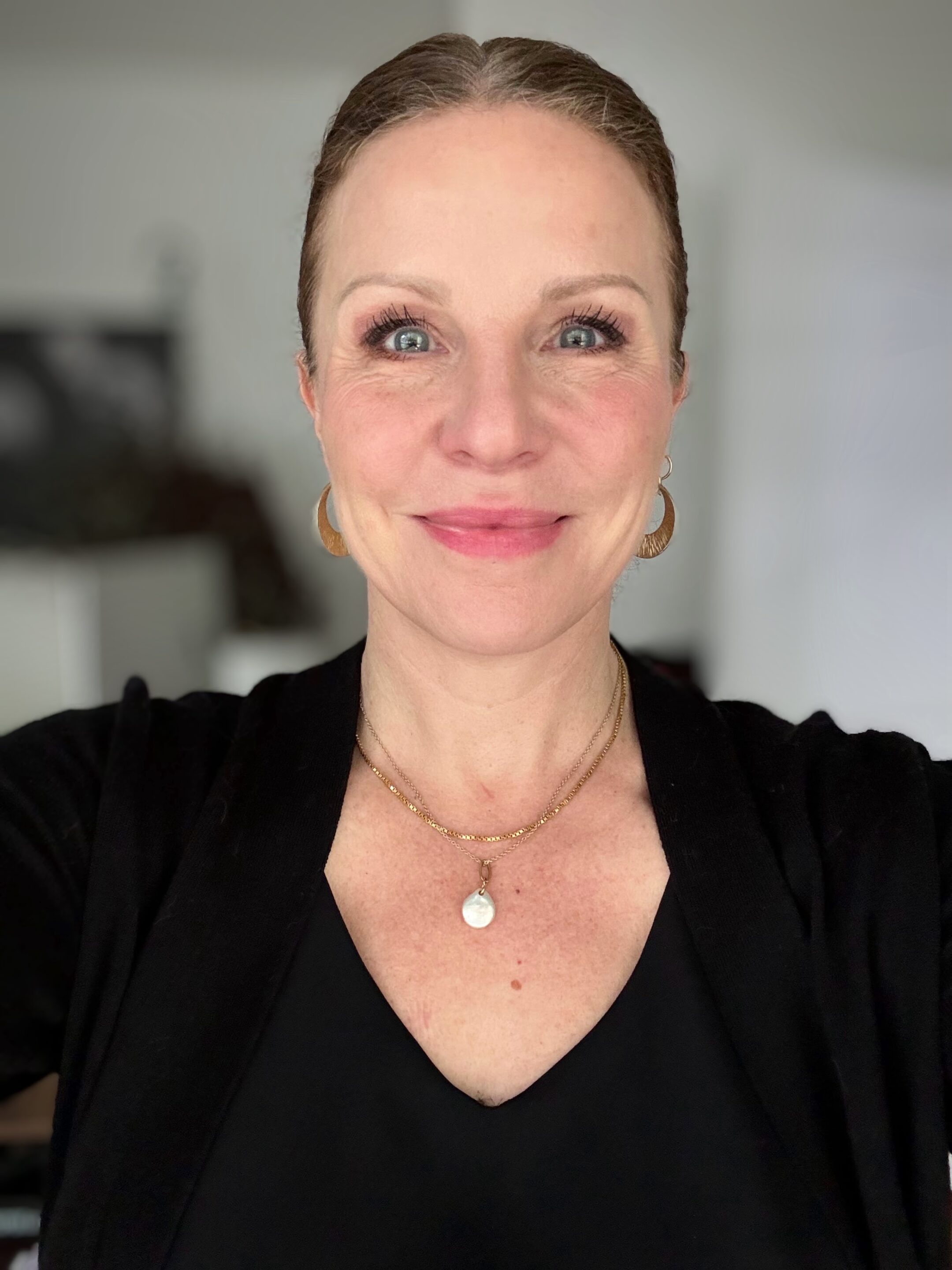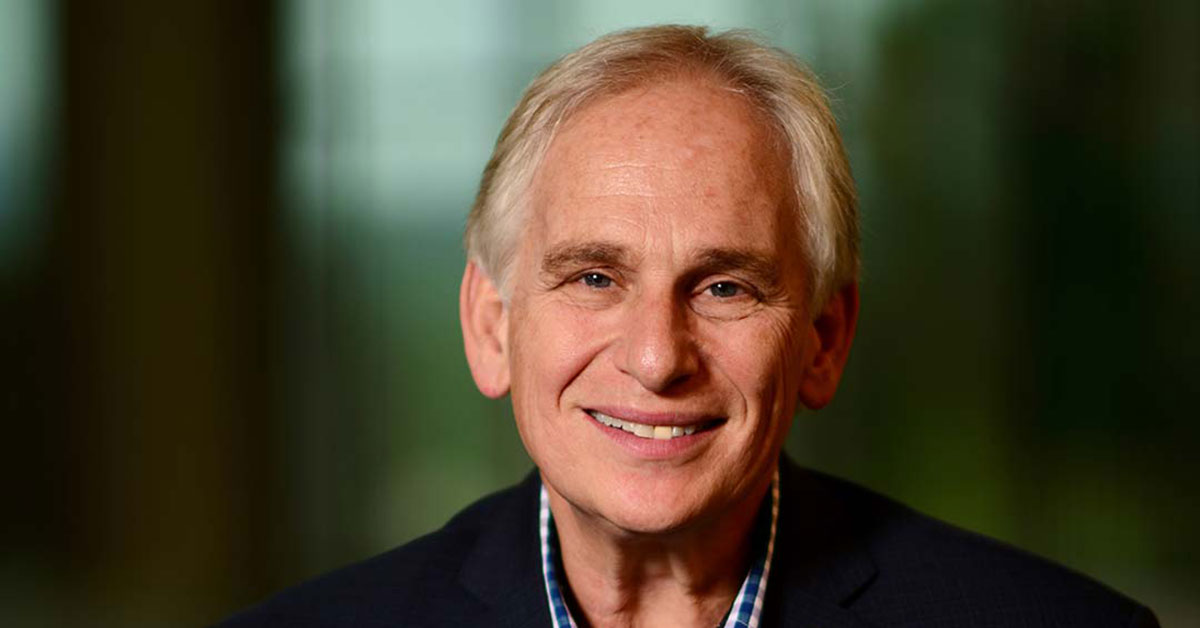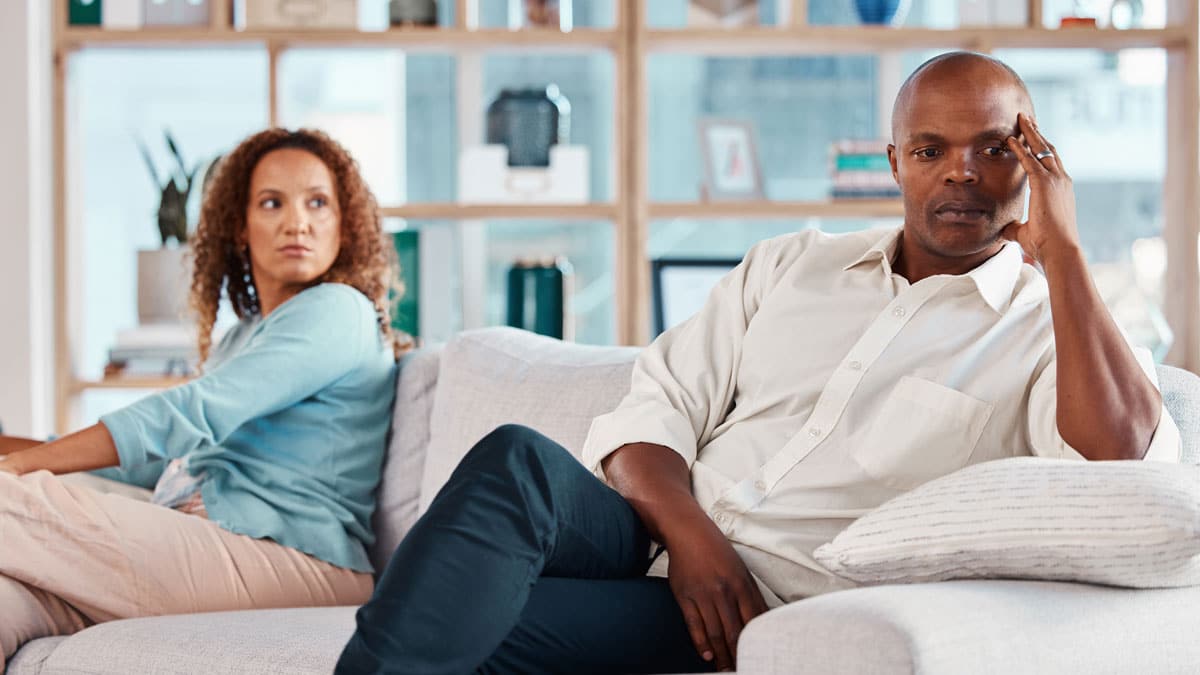What does it really mean to be strong? If you ask Mike Cameron, a Canadian author, entrepreneur, and executive coach, true strength isn’t about bottling up emotions or pretending everything is fine.
“I believe that true strength is about having the courage to sit with those difficult emotions, those difficult experiences, and actually examine what’s coming up,” Mike said in a recent episode of the Don’t Change Much podcast. “It’s about having that courage to drop your gear, stand in front of the mirror, buck naked and say, ‘Who am I really?’”
Turning tragedy into inspiration
As an ultra-marathoner who runs 100-mile races for 30+ hours, Mike understands the importance of discipline on the trails and in his life.
“We don’t show up to the start line of a marathon or an ultra-marathon without having trained,” Mike explained. “Yet sometimes we’re a little lax in our training when it comes to our emotional and mental well-being. We don’t do the training, and then we wonder why things go sideways when life throws us a bag of crap.”
His life took a devastating turn in 2015 when his girlfriend, Colleen, was murdered by an ex-boyfriend, who then took his own life. The tragedy was a turning point that pushed Mike to dig deeper into the question: How do we prevent men from reaching a place of violence, hopelessness, or despair?
“I could sit here and rattle statistics at you all day long,” he said. “Seventy-five percent of suicide deaths in Canada are men. One in three surveyed men reported having suicidal thoughts a few times a week. We know the stats, but sadly, they often don’t mean much until they impact you — until you become one of them.”
A Love Letter to Men
Mike decided to turn pain into purpose. “For me, I talk about the fact that when it comes to violence prevention, it’s not enough to not be part of the problem. We have a choice to be actively part of the solution.”
He asked, How do we prevent men from getting to that point in the first place? This question led him to co-create A Love Letter to Men with the Alberta Men’s Collaborative, an annual free virtual event that brings men together to talk about emotional mastery, struggles, and the importance of connection.
“What we found was that a lot of groups were doing important work in men’s wellness, but we weren’t talking to each other,” Mike said. “So a bunch of us in the men’s health space got together and said, ‘Let’s amplify what’s already being done instead of duplicating efforts.’”
The event, now in its fourth year, has drawn powerful speakers, including former NHL goalie Clint Malarchuk, previous podcast guest Jonathan Reed from NextGenMen, men’s health experts, and mental health professionals, all with the goal of helping men develop emotional strength and connection.
Understanding the important role emotions play
Mike emphasizes how crucial understanding emotions is because they drive behaviour. “As men, if we don’t have the courage to explore the underlying emotions that drive the decisions we make, we’re absolutely screwed,” he said.
“Emotion drives decision. Decisions drive behaviours. Behaviours drive our outcomes.” When men suppress their emotions rather than addressing them, those emotions don’t just disappear — they manifest in other ways, sometimes in destructive behaviours like substance abuse, aggression, or isolation.

Breaking the silence on how men really feel
One of the biggest barriers men face when it comes to emotional well-being is vocabulary.
“We just don’t have the words to articulate what’s coming up,” Mike said. “If you ask a guy how he’s doing, the answer is usually, ‘Good.’ But ‘good’ isn’t a feeling. We need to build our vocabulary around emotions. Instead of just saying we feel crappy,’ we need to pull apart that feeling — maybe it’s anger, sadness, disappointment, or shame. The more we can identify what we’re feeling, the less power those emotions have over us.”
He compares emotional fitness to physical fitness — both require practice and maintenance. “If you want to get physically fit, there’s a gym on every street corner. But if you want to get emotionally fit, where do you go?”
To address this, he created Connect’d Men, a program that brings small groups of men together to have real conversations. The framework encourages open dialogue where men can share what they’re going through without fear of judgment.
“One of our key tenets is that we’re not here to fix each other,” he said. “We’re here to get out of our heads and into our hearts.”
Forgiveness and moving forward
One of the hardest parts of Mike’s journey was coming to terms with forgiveness — not for the sake of the man who took Colleen’s life, but for himself.
“The forgiveness wasn’t for him — it was for me,” he said. “So that I could move forward and take the gift that Colleen gave me: a depth of experience and feeling that most men might never know. If I could go back and change what happened, of course I would. But I can’t. So who am I to squander that gift?”
He knows that forgiveness doesn’t mean excusing harmful actions. “Forgiveness and accountability aren’t opposites,” he said. “You can have both. But for me, hanging on to anger would’ve meant letting it control me.”

The power of feeling seen and heard
Mike’s work with men’s health aligns with the Don’t Change Much philosophy — improving health and well-being doesn’t have to mean massive, overwhelming changes. Sometimes, it’s the small shifts that make the biggest impact.
“We don’t have to do these giant, massive gestures,” he said. “We don’t have to create a million-dollar program. Maybe all it takes is asking a buddy, ‘How are you, really?’ and then sticking around long enough to listen.”
“I can’t help but think… what might have happened if a coworker had said to Colleen’s ex, ‘Hey Paul, how are you? No, like really?’ Could it have changed things? Maybe not. But it makes you wonder, doesn’t it?” For men struggling with emotions, relationships, or just finding their footing in life, A Love Letter to Men is a reminder: you don’t have to go it alone. Strength isn’t about suppressing emotions — it’s about having the courage to face them. And sometimes, that starts with a simple conversation.
What do you think it means to be a strong man? Join the conversation in the comments below.













Let’s Talk!
Did you enjoy this article? Let us know in the comments.
0 Comments